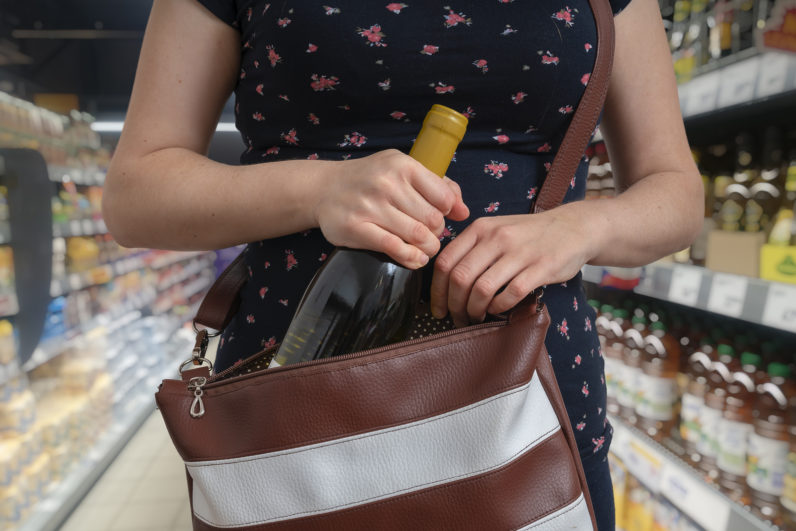It’s a tough time to be a convenience store – with ATM thefts high on the agenda, something that shop shutters will help prevent during closed hours, but often happen during working hours too, according to a crime conference held by The Association of Convenience Stores, it’s continuous low value shoplifting which is taking the highest toll.
According to the Eastern Eye, figures show that shoplifting has risen by nearly 25 per cent since 2013, something that the convenience stores put down largely to a police force struggling with resources. They believe that incidents have increased in line with a £200 minimum value introduced before criminals will be actively pursued by the force.
Gurcharan Harrad, owner of Village News in Birmingham, said that as it’s petty crime, there’s not much that police forces with small resources can do: “It’s the lack of resources, by the time police arrive on the scene, they have gone and you cannot use force on them as there’s a risk of you getting prosecuted and they will get off scot-free.”
To clarify the £200 threshold was introduced in the 2014 Anti-social Behaviour, Crime and Policing Act, whereby police forces could decide whether to investigate low value shoplifting or not. It also outlines that these thefts are summary-only, and therefore do not necessarily need to be trialled at court. In 2014, it was suggested that some 80,000 cases a year would fall under this £200 threshold, removing these from the court systems would, therefore, make huge savings for the economy.
While police-led charges were meant to streamline processes for dealing with shoplifting, in actuality, it has lead to fewer arrests and charges across the country, in essence decriminalising shoplifting for the intelligent criminal. Metropolitan Police charges dropped by half in the four years following the introduction of the act, while Surrey Police’s fell by as much as 69 per cent.
Mike Cherry, national chairman of the Federation of Small Businesses says that not only is it a case of police prioritising crime which isn’t violent or high value, but also a problem of convenience stores having their own security resources: “They simply don’t have their own resources when it comes to shop security, CCTV and monitoring. With fewer staff or security, they just don’t have the ability to apprehend thieves compared to larger businesses,” he says.
Some sources say that gangs of professional criminals go around the UK targeting small business stores for theft, while always sure to stay under the £200 value, to ensure that police do not actively pursue them.
While statistics released in January, reported by the Telegraph, found that the number of incidents had risen from 72,000 to 78,000 in the four years after the introduction of the £200 value threshold, that in actual fact, owners had stopped reporting shoplifting thefts as they had no confidence anything would be done. The chief executive of the Association of Convenience Stores estimated that the true level of shoplifting incidents in the UK last year totalled something closer to 950,000.


